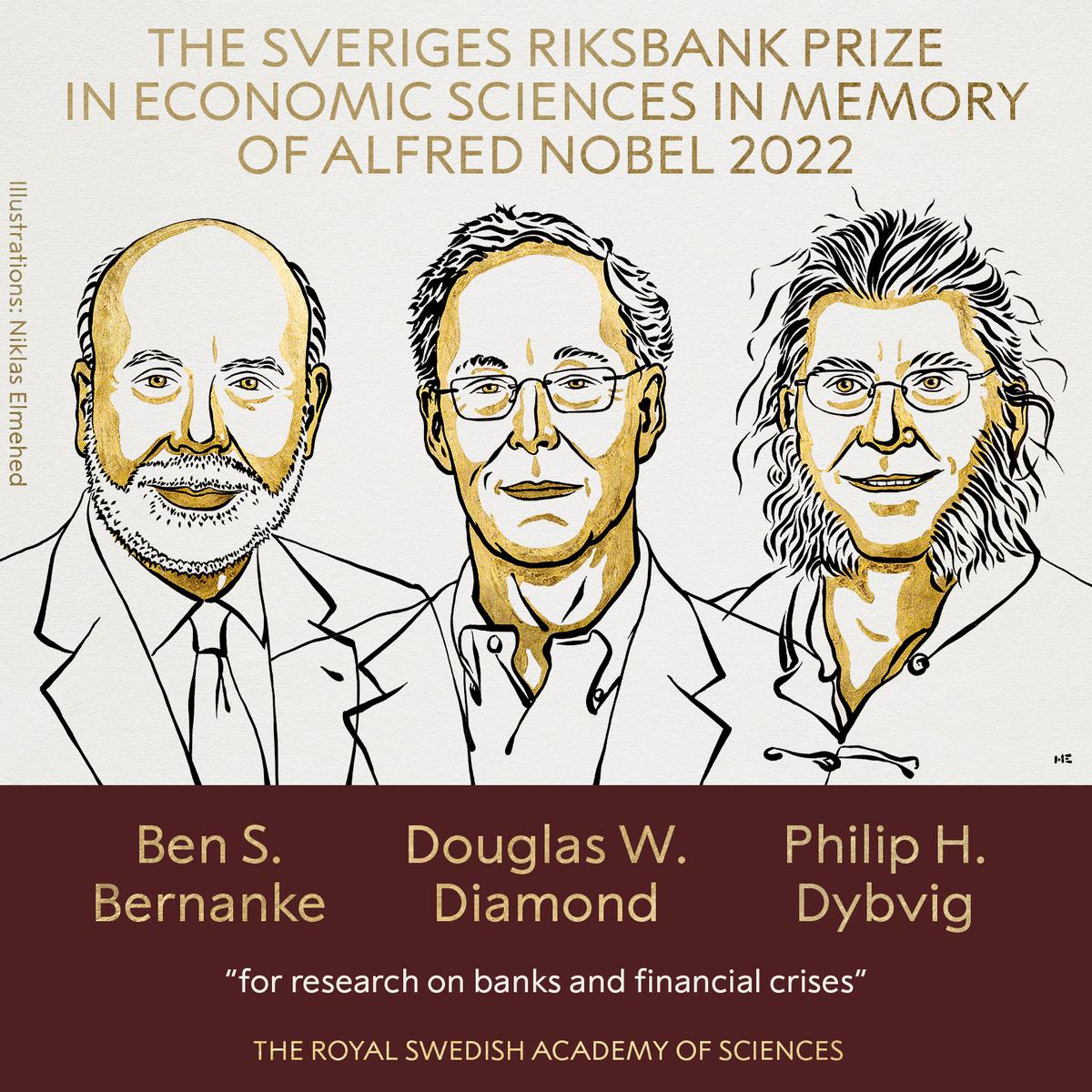900 319 0030
enquiry@shankarias.in
At a time when the World Bank and the International Monetary Fund have warned of a possible global recession in 2023, the 2022 Nobel Economics Prize has shed light on the role of banks in saving the economy.

Supporting evidences
References
Quick facts
Sveriges Riksbank Prize in Economic Sciences
Keynesian economics
Central bank discount window